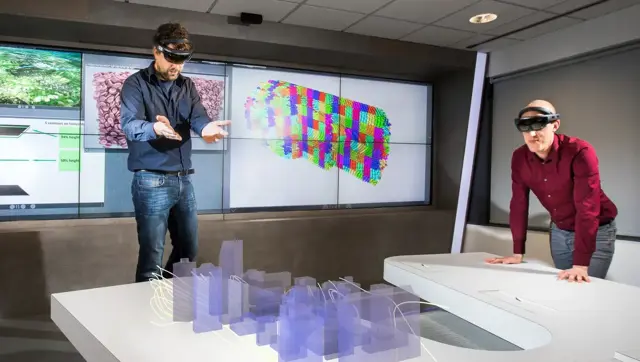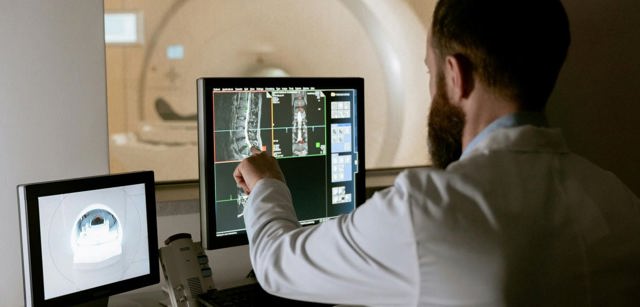< Back to news
In its new policy, The Amsterdam Vision on AI, the city outlines how artificial intelligence (AI) should be integrated into urban life and how it should influence the city according to its residents. This vision was developed through months of conversations and dialogues with a wide range of Amsterdammers—from festival-goers to schoolchildren, experts to novices—who shared their thoughts on the future role of AI in Amsterdam.


14 November 2024
The City of Amsterdam - AI Agenda 2025
In its new policy, The Amsterdam Vision on AI, the city outlines how artificial intelligence (AI) should be integrated into urban life and how it should influence the city according to its residents. This vision was developed through months of conversations and dialogues with a wide range of Amsterdammers—from festival-goers to schoolchildren, experts to novices—who shared their thoughts on the future role of AI in Amsterdam.
Vergelijkbaar >
Similar news items

April 4, 2025
Amsterdam strengthens position as major AI hub and tech city
Amsterdam ranks among Europe’s top tech cities and is rapidly emerging as a global AI hub. The city combines strong digital infrastructure with active research networks and a vibrant startup ecosystem.
read more >

April 4, 2025
AI model aids in assessing muscle health in people with lower back pain
VU PhD candidate Eddo Wesselink developed an AI model that efficiently analyses muscle health on MRI scans—supporting improved care for people with lower back pain.
read more >
April 4, 2025
VU launches AI platform Nebula for secure access to language models
Researchers at VU can now independently work with large language models through the new platform Nebula—offering full control over data and models without relying on commercial providers.
read more >